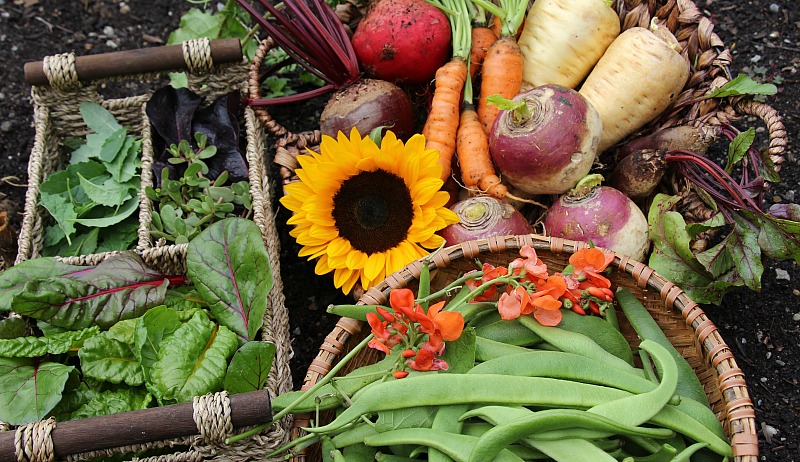Gardening is a pastime that everyone needs to give a try at least once in their lives – and while some may not ever warm to it, those who do will find themselves a fun and rewarding hobby that they will never grow bored of. Any experienced gardener will tell that you that it takes years of dedication and mistake-making before you can have a garden that you’re proud of. Mistakes are how we learn, but sometimes it’s easier to just skip the mistakes before making them to find quicker success.
And that’s exactly what we’re going to do here: look at common mistakes made by beginner gardeners in the hope that you’ll be able to avoid them entirely.
Monoculture Gardens
Some gardeners come across a few, specific plants that grow extremely well in their particular climate and go crazy planting it everywhere in the hope that they will take off and grow quickly, which they often do. The problem here, however, is that if a certain disease or insect comes along that only affects that particular species of plant, then the chances are that the entire batch will be wiped out. These are the dangers of monoculture, and it’s why it’s vitally important to focus on diversity as much as possible. Plant as many different kinds of plants as you can, ensuring a decent mix that will attract a variety of wildlife and build a stronger overall ecosystem.
Underwatering And Overwatering
Beginner gardeners almost always underwater or overwater, but overwatering tends to be a much worse problem in general, usually because gardeners think that plants need much more water than is necessary. And too much water is a good way of killing a plant in a short amount of time, usually due to something called root rot, where bacteria or fungi can cause the root of the plant to die. Here’s where it’s a good idea to check the water needs of the plants that you are putting in the soil, and make a dry space where to play and do other activities. To limit watering even further, putting down a layer of mulch can make the biggest difference overall.
The Importance Of Mulch
In a forest or along damp hiking trails, the constant fall of leaves and other debris creates a thick layer of mulch that’s slowly broken down by bacteria. Not only does this feed more nutrients into the ground, but it makes sure that water present in the ground isn’t evaporated by the sun. Not having this layer of much around the base of all plants can become a problem, as it means having to water much more often and disallowing beneficial fungi and microbes from thriving near to the plant. Nitrogen-fixing plants, for example, rely on these microbes to create the ever-important nitrogen.
Repairing Soil
Soil is the medium all plants require to grow strong and healthy, and amateur gardeners might wrongly believe that a plant can grow in just about any soil. This isn’t true at all, and it sometimes means having to test the pH and other qualities of the soil to see its health, and then making the necessary adjustments to help all the plant-life thrive. A little bonus if you want to make your garden look extra nice get a nice garden sign from American Sign Company.


 The Types Of Insurance You Need
The Types Of Insurance You Need